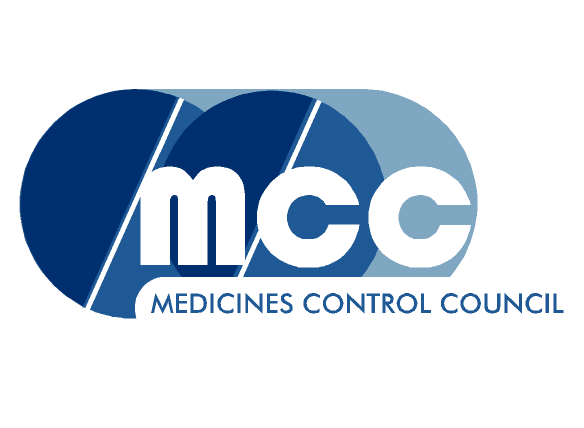
The Medicines Control Council has approved Janssen Pharmaceutica’s bedaquiline, the first drug specifically designed for treating multidrug-resistant tuberculosis (MDR-TB) to reach the market.
Janssen is a subsidiary of Johnson & Johnson.
The development offers hope for patients who are not responding to treatment with the drugs currently available for treating MDR-TB, or those experiencing severe side effects such as hearing loss.
It also has broader public health implications, as patients on bedaquiline get better faster and transmit TB for a shorter time than patients who are not, according to the TB adviser to nongovernmental organisation Right To Care, Francesca Conradie, who is also president of the Southern African HIV Clinicians Society.
Activists have campaigned vigorously for access to bedaquiline, which was made available by the Medicines Control Council on a very limited basis last year through a closely monitored clinical access programme: only 151 patients have had access to the drug since March 2013.
Janssen’s medical director for SA Abeda Williams said bedaquiline, branded Sirturo, would be available in the state sector once negotiations with the health department had been concluded. About 3,000 patients were expected to be treated with the drug in the first year, she said on Monday.
The regulator has taken a cautious approach because there is limited data on the safety of bedaquiline, which has so far only been subjected to small phase 1 and phase 2 studies. Usually a drug must pass a much larger phase-3 trial before it can be submitted to the regulatory authorities for approval, but regulators have granted earlier access because there are so few treatments available for MDR-TB
The drug was granted accelerated approval by the US Food and Drug Administration and conditional approval in the European Union, pending the outcome of a phase-3 trial due to begin in 2015.
There are currently about 10,000 patients with MDR-TB in SA, 73% of whom are also infected with HIV.
Bedaquiline has not been approved for HIV/AIDS patients who are taking antiretroviral treatment, but these patients will be able to obtain the medication if it has been approved for them by a clinical review committee, said Dr Conradie.
Insufficient research has been done on the possible interactions between bedaquiline and antiretrovirals to be sure it is safe for all patients, she said.
Bedaquiline will only be available in the public sector to ensure it is used judiciously, and is expected to cost about R9,000 for a six-month course, said Dr Conradie.
"It is not going to be a budget breaker," she said, noting that it cost about R2,000 a day to treat MDR-TB patients in hospital.
Source: BDlive